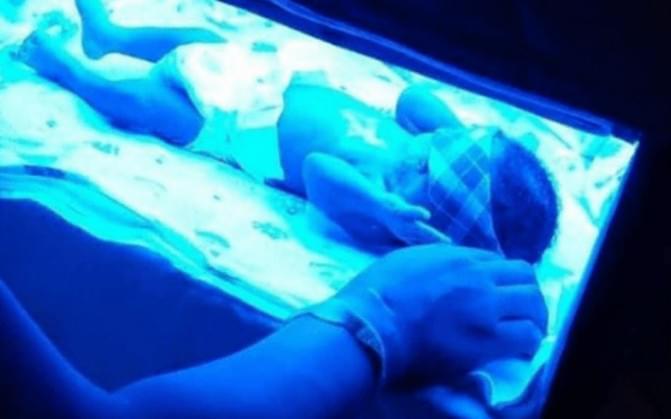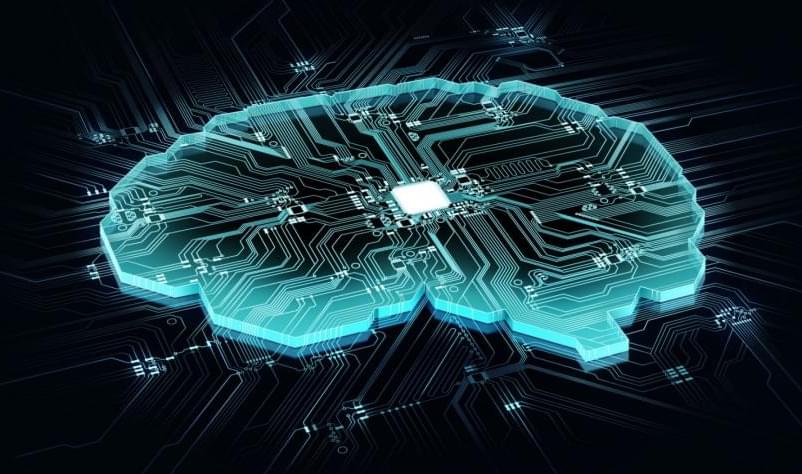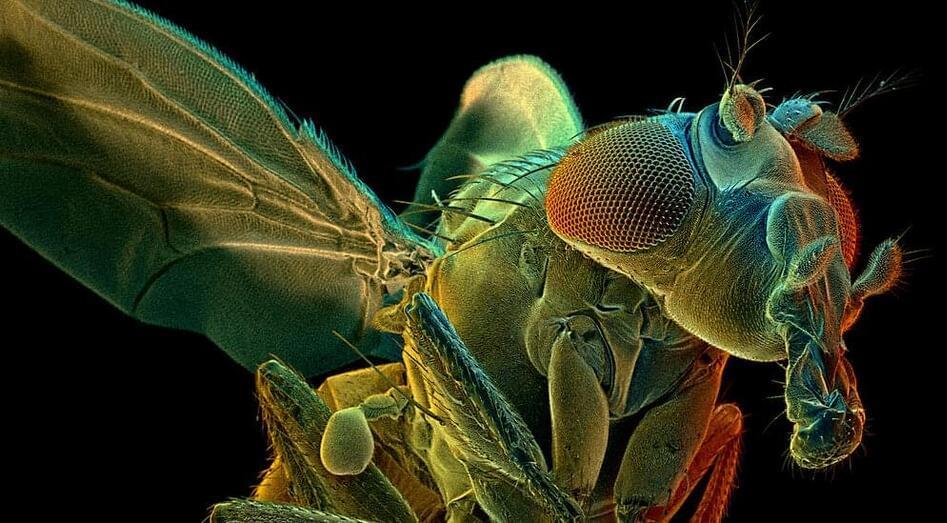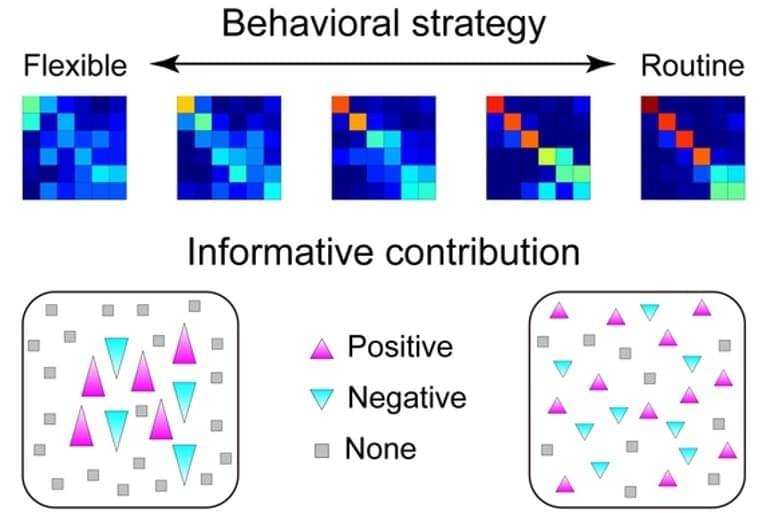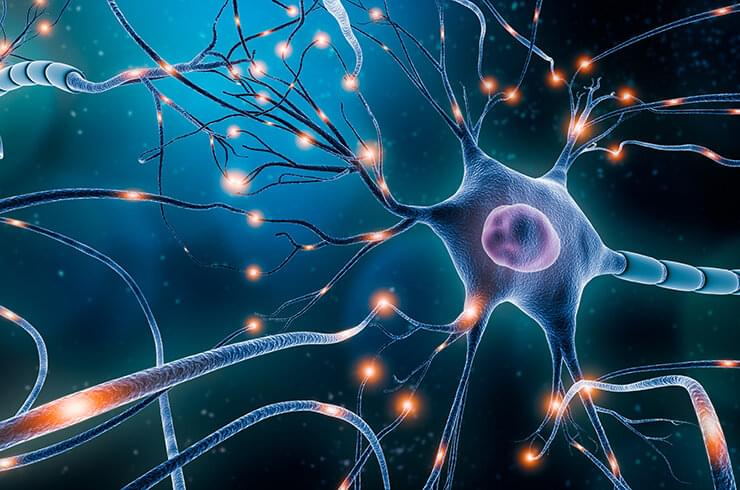Business Enquiries ► [email protected].
–
Undoubtedly the fear of death, encoded in our DNA to improve our chances of survival, is one of the least pleasant characteristics we are forced to live with. The idea that our life must have an end and then there is nothingness is not at all attractive, so it is not surprising that in the course of his history man has imagined countless ways to circumvent death.
Immortality (or eternal life) is the concept of surviving forever or for an indefinite period of time, without facing death or overcoming death itself.
Immortality can be intended in two main meanings, physical and spiritual. Physical immortality is generally conceived as the endless existence of the mind from a physical source, such as a brain or a computer. Spiritual immortality is generally conceived as the endless existence of an individual after physical death.
-
“If You happen to see any content that is yours, and we didn’t give credit in the right manner please let us know at [email protected] and we will correct it immediately”
“Some of our visual content is under an Attribution-ShareAlike license. (https://creativecommons.org/licenses/) in its different versions such as 1.0, 2.0, 30, and 4.0 – permitting commercial sharing with attribution given in each picture accordingly in the video.”
Credits: Ron Miller, Mark A. Garlick / MarkGarlick.com.
Credits: NASA/Shutterstock/Storyblocks/Elon Musk/SpaceX/ESA/ESO/ Flickr.
00:00 Intro.
